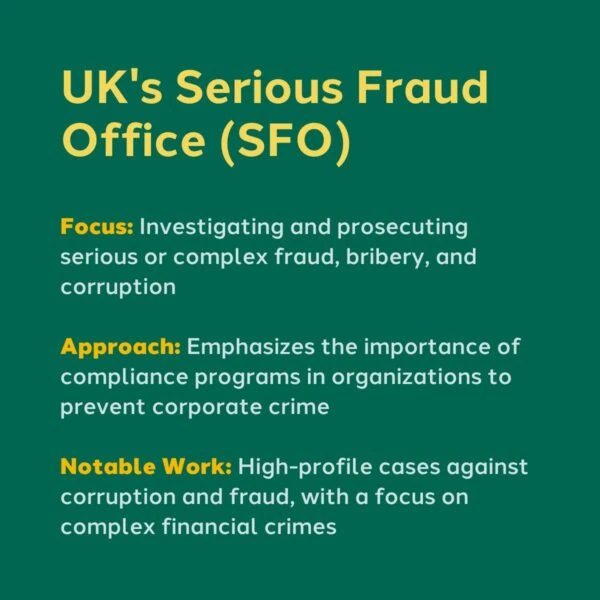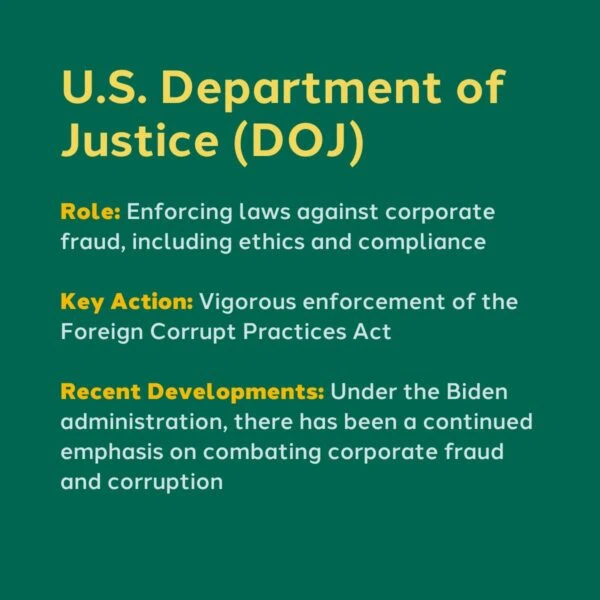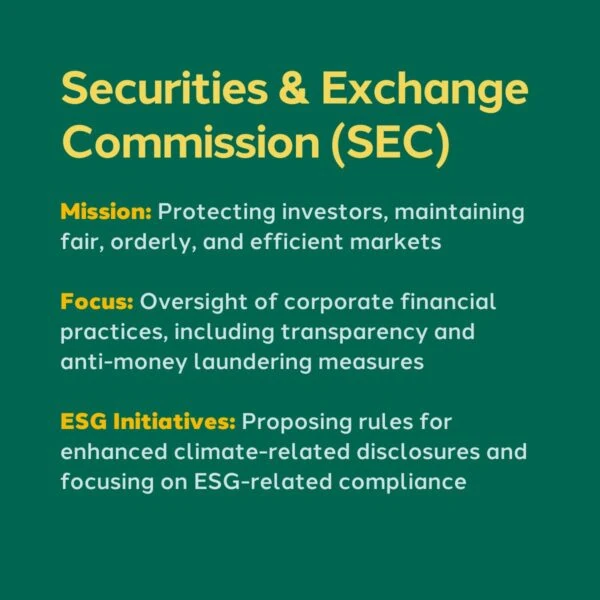Fraud Prevention: Integrating Compliance in Corporate Strategy
The increased emphasis on the necessity of strong compliance programs in organizations has become more prominent than ever before, particularly in the realm of preventing fraud and corruption.

Effective compliance programs—no longer optional—are a fundamental aspect of corporate governance.
Organizations are now expected to integrate these programs deeply into their cultural fabric, ensuring they are equipped to prevent and address fraud and corruption actively. Organizations now need robust compliance policies in place and must be able to embed these principles across all aspects of business operations.
Global Fraud Prevention at a Glance
Below, we outline so regulatory bodies’ strategic approaches to fraud and corruption prevention:
UK’s Serious Fraud Office (SFO) Initiatives
The UK’s Serious Fraud Office—a key player in the fight against fraud and corruption—has been actively assessing the depth and effectiveness of compliance programs within organizations. The SFO evaluates the investment and integration of compliance measures in business operations.
The SFO’s annual 2022-2023 report, for instance, highlights successes like securing the U.K.’s largest on-record penalty for a corporate criminal conviction and recovering nearly $125 million in criminal activity-related funds.
According to the SFO’s Strategic Plan for 2022-2025, “This will be a period of significant change.” Just a few goals the SFO is striving to achieve between now and 2025 include cutting the average and median length of investigations to three years and increasing recovery rates against financial orders secured on realizable assets to 75 percent.

U.S. Department of Justice (DOJ) and Aggressive Enforcement
The DOJ has recently intensified its scrutiny of corporate culture, holding companies and individuals accountable for misconduct and ineffective Ethics and Compliance (E&C) programs.
The DOJ has put pressure on organizations to establish robust E&C measures or risk significant fines and reputational harm.
It’s also ramped up enforcement of the Foreign Corrupt Practices Act (FCPA), driven by U.S. President Joe Biden’s administrational focus on bolstering the DOJ’s fraud and foreign bribery units.
The U.S Securities and Exchange Commission’s (SEC’s) ongoing prioritization of enforcing the FCPA underscores the importance of implementing effective training in Anti-Bribery and Anti-Corruption practices, especially because bribery and corruption present significant and costly challenges for modern organizations.
This work includes the recruitment of top-tier legal experts specializing in corporate compliance. Enhanced staffing levels and the inclusion of experienced compliance professionals aim to signify a more proactive and knowledgeable approach to tackling corporate fraud.

The Role of the Securities and Exchange Commission
The SEC has been at the forefront in emphasizing the significance of compliance across various sectors, particularly in the financial industry. With a keen focus on investor protection, the SEC rigorously examines financial institutions’ operations, to make sure they adhere to stringent compliance standards. This oversight extends to monitoring complex financial products, detecting potential market manipulations, and ensuring transparent financial reporting.
The SEC is particularly attentive to the potential conflicts of interest (COIs) arising from fee structures and financial incentives in financial services, alongside compliance with anti-money laundering regulations and the adaptation to new financial technologies and digital assets.
Moreover, the SEC’s role in overseeing and enforcing regulations around emerging technologies like cryptocurrencies and blockchain is increasingly crucial. As these technologies gain prominence in the financial sector, the SEC is tasked with balancing innovation with investor protection, making sure these new avenues adhere to established financial regulations.
The SEC’s vigilant approach to compliance is also evident in its enforcement actions related to ESG criteria. By ensuring companies accurately disclose ESG-related information, the SEC plays a pivotal role in promoting transparency and ethical business practices. As we wrote about at the start of 2023, the SEC is actively enforcing new ESG disclosure requirements and adapting to emerging challenges such as the collection and aggregation of Scope 3 emissions data, with an anticipation of heightened non-compliance cases and fines starting in 2024.
Overall, SEC’s comprehensive and proactive approach enforces existing regulations, ensuring a fair and secure market for all stakeholders.

Final Thoughts
The landscape of fraud prevention and compliance is rapidly evolving, with regulatory bodies taking more assertive roles in enforcing corporate compliance. These changes underline the critical importance of integrating robust compliance programs into the core of organizational strategies.
Learn How SAI360 Can Help Your Organization
Learn more about our regulatory change management and compliance and policy management solutions as well as our training courses on anti-bribery and anti-corruption.



